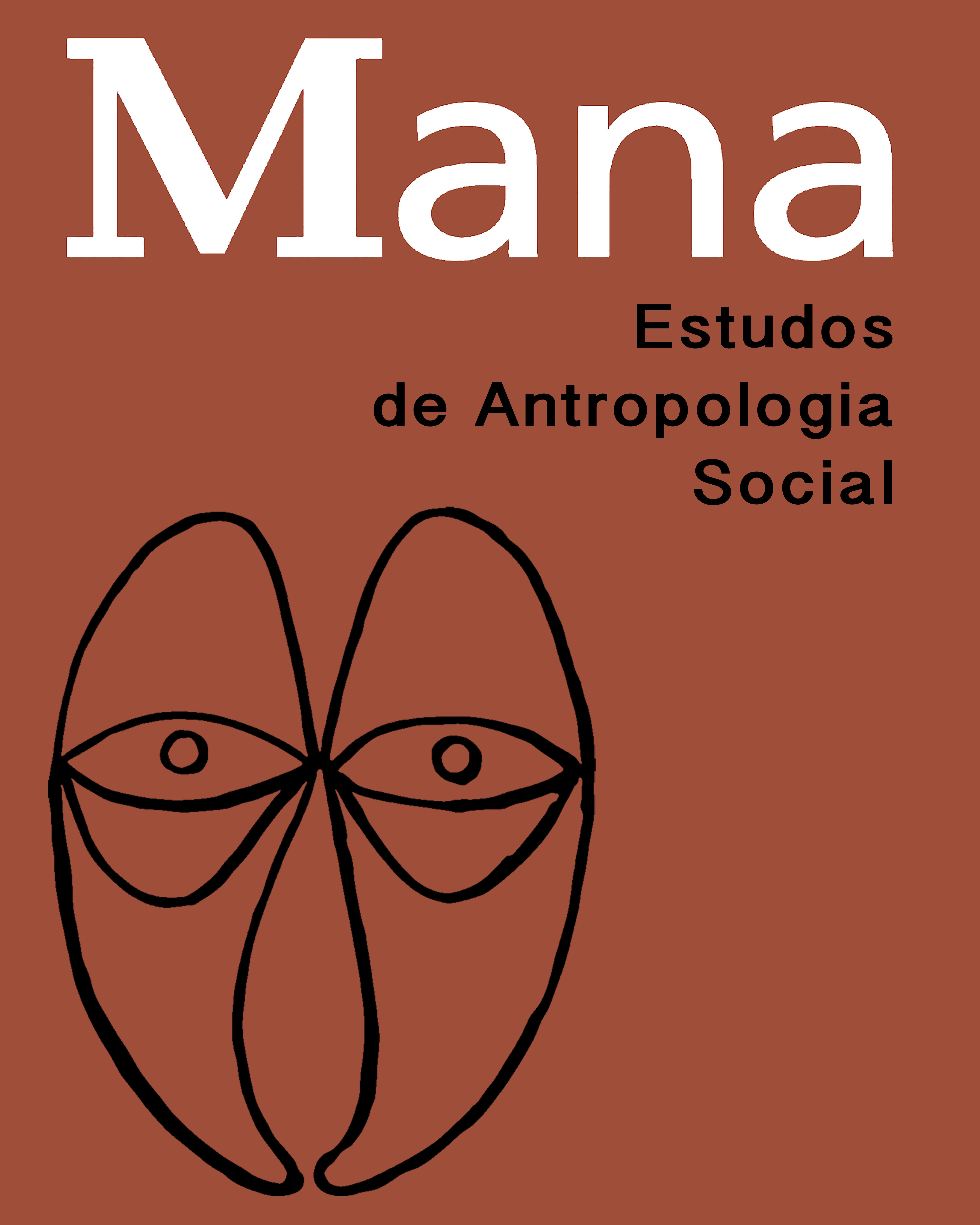This text focuses on the cultural construction of the category of victim as an affirmation of civility. Over the last few years Colombia has seen the emergence of a genre of language dedicated to narrating experiences of suffering in the form of personal testimony. This highly emotive language creates bonds between different members of ‘civil society' who find common ground in sharing ‘the truth' concerning the acts of violence perpetrated in recent years. I argue that the idiom of personal testimony produces political effects since it creates a shared version of the violent events occurring over the last decade. Moreover it opens the way for an ethics based on the recognition of demands for reparation by providing a symbolic mediation between subjective experience and the society at large. I examine the social construction of the category of victim in three different settings: the mobilization of the indigenous community in response to violent acts; the massive protests held in 2008 against these acts; and the campaign for approval of the Victims Law. I also highlight the crucial role played by women and indigenous peoples in testifying publicly about this violence as a way of arriving at the truth, a process leading to the construction of a shared narrative and to the generalization of moral principles vis-à-vis acts of violence perpetrated in the name of ‘politics.'
Victim; Violence; Emotional communities; Colombia
